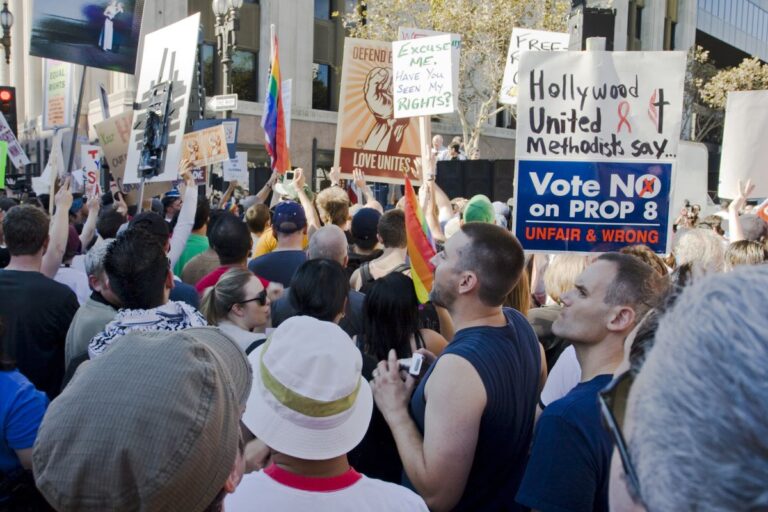Religion Is Losing Its Influence in America
Ever feel like faith isn’t as central as it used to be? In America, the once-dominant role of religion is increasingly fading, with more people identifying as secular or spiritual rather than religious. Here’s how this shift is playing out.
The Rise of the “Nones”

More Americans than ever identify as religiously unaffiliated, or “nones.” This group includes atheists, agnostics, and those who believe in something but don’t follow organized religion. The steady increase in this demographic signals a significant cultural shift.
Declining Church Attendance

Churches are seeing fewer attendees, especially among younger generations. As society becomes more secular, regular worship has become less central to American life. This decline in attendance reflects a broader disengagement from traditional religious practices.
Changing Social Values

As religion’s influence wanes, social values are evolving. Issues like LGBTQ+ rights, gender equality, and reproductive rights are increasingly framed in secular terms, challenging traditional religious stances. This shift indicates a move towards more inclusive and progressive social norms.
The Political Landscape

Religion once played a significant role in shaping American politics, but its influence is dwindling. While faith-based groups still hold power, there’s a growing separation between personal beliefs and public policy, especially as more Americans advocate for the separation of church and state.
The Role of Science and Education

As education and scientific understanding grow, many find that religion no longer provides all the answers. The rise of science and technology has offered alternative explanations for life’s big questions, leading some to question or abandon religious beliefs.
The Impact on Community

Religion has traditionally been a cornerstone of community life, offering social support and a sense of belonging. As religious influence wanes, people are finding new ways to connect and form communities, often through secular or spiritual practices that emphasize shared values over shared beliefs.
The Global Perspective

This trend isn’t unique to the U.S.; it’s part of a broader global shift. In many developed countries, religious adherence is declining as societies become more secular. However, the U.S. has historically been more religious, making this decline particularly significant.
What’s Next?

As religion’s influence continues to fade, the question remains: what will take its place? Some see this as an opportunity for greater freedom and diversity of thought, while others worry about the loss of moral guidance and community. The future of faith in America is uncertain, but one thing is clear: the landscape is changing.
Millennials Turn the Tide on Climate Beliefs

Millennials have often been labeled as apathetic, but when it comes to climate change, they are leading the charge. How did this generation go from skepticism to becoming fervent advocates for the planet? Millennials Turn the Tide on Climate Beliefs
Forgotten Warriors: 20 Military Units History Erased

Throughout American military history, numerous units have demonstrated extraordinary bravery and made significant sacrifices, yet many have not received the recognition they deserve. This article shines a light on these overlooked groups whose valiant efforts are an integral part of our nation’s heritage. Forgotten Warriors: 20 Military Units History Erased
Why You Shouldn’t Live in a Retirement Community

Think you’re ready to settle into a retirement community? Before making this significant life decision, consider how it might impact your independence, finances, and social life in ways you hadn’t anticipated. Why You Shouldn’t Live in a Retirement Community
Featured Image Credit: Shutterstock / godongphoto.
The content of this article is for informational purposes only and does not constitute or replace professional advice.
The images used are for illustrative purposes only and may not represent the actual people or places mentioned in the article.
For transparency, this content was partly developed with AI assistance and carefully curated by an experienced editor to be informative and ensure accuracy.





